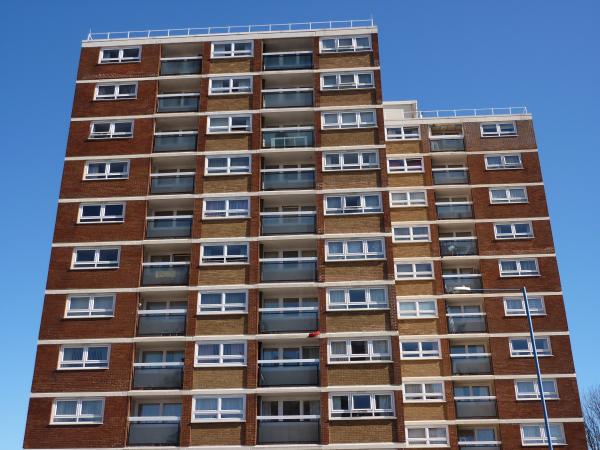Abby (not her real name) was a single-mother with a teenage daughter, living in public housing. Her sole source of income was the Centrelink Newstart allowance, which amounted to $280 per week. Abby had a complex history of trauma, mental health issues and substance abuse, and had previously been in an abusive relationship with Omar (not his real name) for 13 years. After being released from prison, Omar began frequently staying at Abby’s house against her wishes. Abby did not inform Housing NSW of this as she was concerned it may cause her to be evicted. The increased anxiety and stress caused by Omar’s presence led Abby to relapse into substance abuse. In June 2014, Abby suspected Omar had started using heroin again. Around the same time, two people came to Abby’s residence on multiple occasions and knocked on her door. They said that Omar had left something for them at her house. After five days of continued harassment, Abby called Omar who told her to give them the “balloons” he had left in the bedroom. Due to her fear of Omar and the people harassing her, Abby did as she was instructed. However, the two people were undercover police, and in August 2014, Abby was charged with supply of a prohibited substance. Omar was also charged with over 30 counts of drug-related offences. Following a guilty plea and successful drug rehabilitation through the MERIT program, Abby entered a 2-year good behaviour bond. The court cited her remorse, recovery and the impact of domestic violence in the decision not to impose a custodial sentence. However, shortly after her trial ended, Housing NSW applied to terminate Abby’s lease for “illegal use of premises”. RLC represented Abby before the Tribunal, arguing for the Tribunal to use its discretion considering Abby’s circumstances. After considering RLC’s submissions, the Tribunal dismissed NSW Housing’s termination application and allowed Abby to stay in her premises. |
This case study illustrates the variety of systemic issues that women who experience domestic violence, face on a practical, everyday level, and the multi-faceted support that RLC is able to provide to vulnerable people due to its range of expertise and practice areas.



